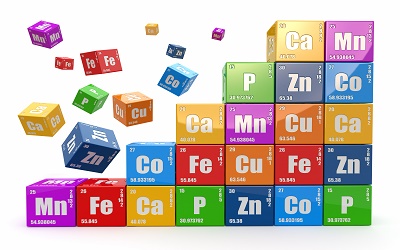PTE考生目前最大的问题之一就是练习题缺乏。除了有限的基本官方书(PLUS,Testbuilder, OG)之外,就没有题了。很多英语基础不是很扎实的同学很难找到练习材料。墨尔本文波雅思PTE培训学校专门为墨尔本,悉尼PTE考生准备了适合PTE听力阅读练习的科学60秒。各位PTE同学可以练习PTE听力中的summarise spoken text和PTE口语中的retell lecture,练习记笔记技巧和复述。废话少说,下面开始:
2014 Nobel Prize in Chemistry
听力内容:
60秒科学节目(SSS)是科学美国人网站的一套广播栏目,英文名称:Scientific American – 60 Second Science,节目内容以科学报道为主,节目仅一分钟的时间,主要对当今的科学技术新发展作以简明、通俗的介绍,对于科学的发展如何影响人们的生活环境、健康状况及科学技术,提供了大量简明易懂的阐释。
“This year’s prize is about how the optical microscope became a nanoscope.” Royal Swedish Academy of Sciences Permanent Secretary Staffan Normark.
“The Royal Swedish Academy of Sciences has decided to award the 2014 Nobel Prize in Chemistry to Dr. Eric Betzig at Howard Hughes Medical Institute, Ashburn, U.S.A.; Professor Stefan Hell at Max Planck Institute for Biophysical Chemistry, Göttingen, and the German Cancer Research Center, Heidelberg, Germany; and Professor William Moerner at Stanford University, Stanford, U.S.A., for the development of super-resolved fluorescence microscopy.”
After the formal announcement, Sven Lidin, chair of the Nobel Chemistry Committee, explained the
importance of the new microscopy in chemistry.
“Because we can see individual macromolecules moving about in a living cell, we can study chemistry at a single-molecule level and in real life. And this is very, very important to chemistry because chemistry has traditionally been about studying a large number of molecules and the effect that they have. Here we can look at a single molecule as it is active in a chemical system. That means that rare events can be studied in a very different way. Reactions can be studied as they happen, not as the end result but actually as they take place. It opens entirely new possibilities for chemistry and for biochemistry.”
For a more in-depth listen about the 2014 Nobel Prize in Chemistry, look for the Scientific American Science Talk podcast later this morning.
—Steve Mirsky





